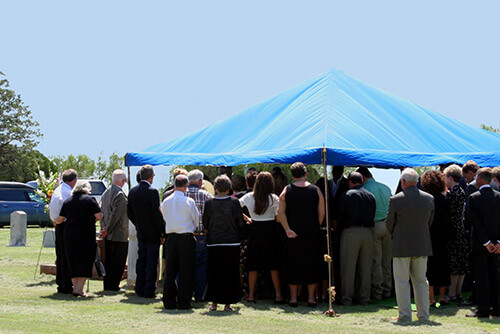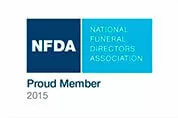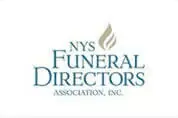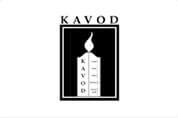 Things to Consider When Making Funeral Arrangements. It is Never Easy. Never.
Things to Consider When Making Funeral Arrangements. It is Never Easy. Never.
Organizing a funeral for a loved one or pre-planning your own, while not an entirely gratifying task, is one that is inevitable—and quite rewarding, if you think about what funerals actually represent. Planning your own funeral or a recently departed loved one’s will no longer be as daunting when you realize that it is a great way to pay tribute to a life lost but lived well. It is a great way to acknowledge the reality and inevitability of death, remember life, and come together as a caring community that supports each other during difficult times of mourning. It also signals the beginning of acceptance and allows people to express their thoughts and feelings as they say goodbye to the deceased.
There are all kinds of decisions to make when preplanning for the future or making arrangements following the sudden death of a loved one. Below is a checklist of things that you should consider along with basic questions to answer. These will help you become better prepared prior to making actual funeral arrangements with one of our directors. These insights will also assist in creating and organizing a plan that fits into our ultimate goal, which is to give you service that is appropriate, meaningful, and affordable.
- Do you want a traditional burial or are you open to the idea of cremation?
- Do you have a cemetery plot? If you don’t, you need one before you can finalize any kind of service arrangement.
- Where do you want the service held? The funeral home chapel, your synagogue, or the cemetery?
- Do you have a personal preference for a Rabbi or a Cantor? If you would rather not have one, it’s best to designate a point person to lead the service.
- When would you like the service to take place? Decide on a specific date and time for the funeral service.
- How do you want the body of the deceased to be prepared? Decide between a traditional or non-traditional preparation. Traditional Jewish preparation calls for a Tahara or a ritual washing and dressing with a Tachrichim or Burial Shroud. Non-traditional preparation allows for the deceased to be dressed in their personal clothing.
- What type of casket or urn do you want?
- Do you want military presence at the cemetery? This is an option for eligible service or former service members. If you choose to have military honors at the burial, be ready to provide copies of your loved one’s military discharge papers to the funeral director.
- Will there be a traditional Eulogy? Who will present it?
- Do you want a private burial or one that’s open to all who would wish to come?
- Will you be observing Shiva? Be sure to share information about its location, dates, and times with your funeral director.
Other things that are worth considering when making funeral arrangements include:
- How many limousines do you need for the procession?
- Which charity, organization, or synagogue does the deceased want to make donations in his or her memory?
- Do you want people to share their memories of the deceased?
- Do you want an obituary in the paper or on our website?
- Do you want some personal friends, close relatives, or business partners to have service responsibilities?
Be sure to prepare important statistics and information required for the death certificate. It also pays knowing how many copies of the death certificate you will need. Prepare to sign contracts and authorizations and consider the best payment method for the services you choose. Finally, think about how you will get care for young children or elderly people who may or may not join the service or continue onto the cemetery.


 Things to Consider When Making Funeral Arrangements. It is Never Easy. Never.
Things to Consider When Making Funeral Arrangements. It is Never Easy. Never.




